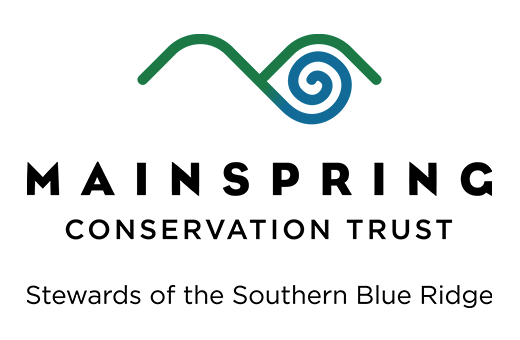Press Release:
The Land Trust for the Little Tennessee (LTLT) recently received a generous donation from Outdoor 76, a Franklin-based outdoor outfitter. The $700 contribution was a combination of proceeds from Outdoor 76’s “828 Initiative” and a portion of proceeds from its recent Beer, BBQ, and Bluegrass event held on August 28 at its store in Franklin. Outdoor 76 co-owners Rob Gasbarro and Cory McCall presented a check to LTLT Land Protection Manager John Culclasure and Restoration Coordinator Ben Laseter after the recent support event.
“From day one we have been dedicated to being more than just a retail shop; we are committed to community involvement,” said Cory McCall, co-owner of Outdoor 76. “Our “828” program allows us not only donate money to LTLT, but also to engage with customers about the importance of conservation efforts. We want future generations to be able to experience the same raw beauty that we see in the mountains of WNC today.”
The “828 Initiative,” created by Outdoor 76 in 2012 raises awareness of land and water conservation efforts in Western North Carolina. 828-brand apparel is for sale exclusively at Outdoor 76, and a portion of the proceeds from each item sold goes to support the work of LTLT.
Outdoor 76 hosted the Beer, BBQ, and Bluegrass event at its store on August 28 to raise awareness for and support the work of LTLT. Oskar Blues Brewery donated beer for the event. Other significant donations included bluegrass music by Frogtown Four and event artwork by Riddle Design Company. Highlands Smokehouse offered BBQ appetizers. The event was a great success with an estimated attendance of around 200 people. Proceeds from beer sales at the event were included in the donation to LTLT.
Ben Laseter, LTLT Restoration Coordinator noted, “Our partnership with Outdoor 76 is very important to our organization. We appreciate their efforts to highlight and support the work LTLT does to conserve and restore our amazing natural resources that people enjoy for recreation.”


